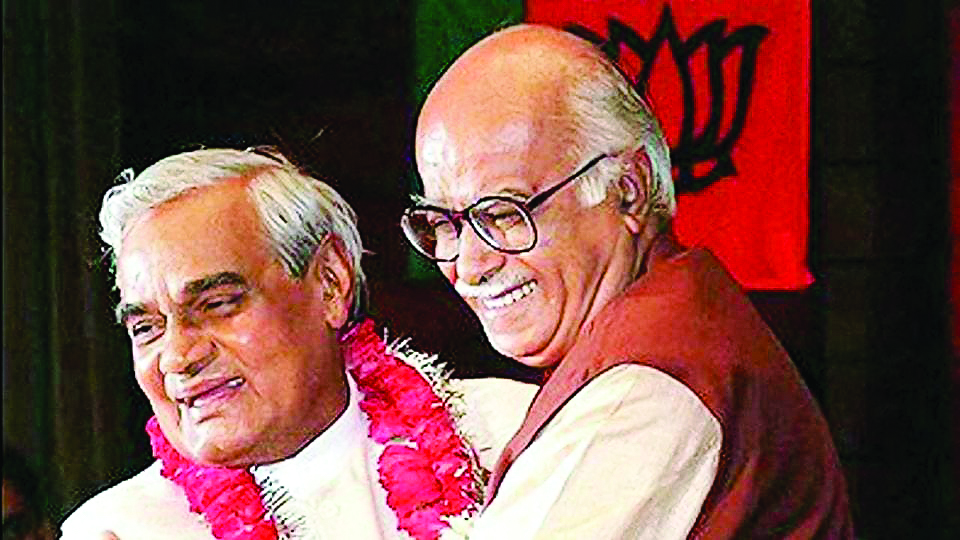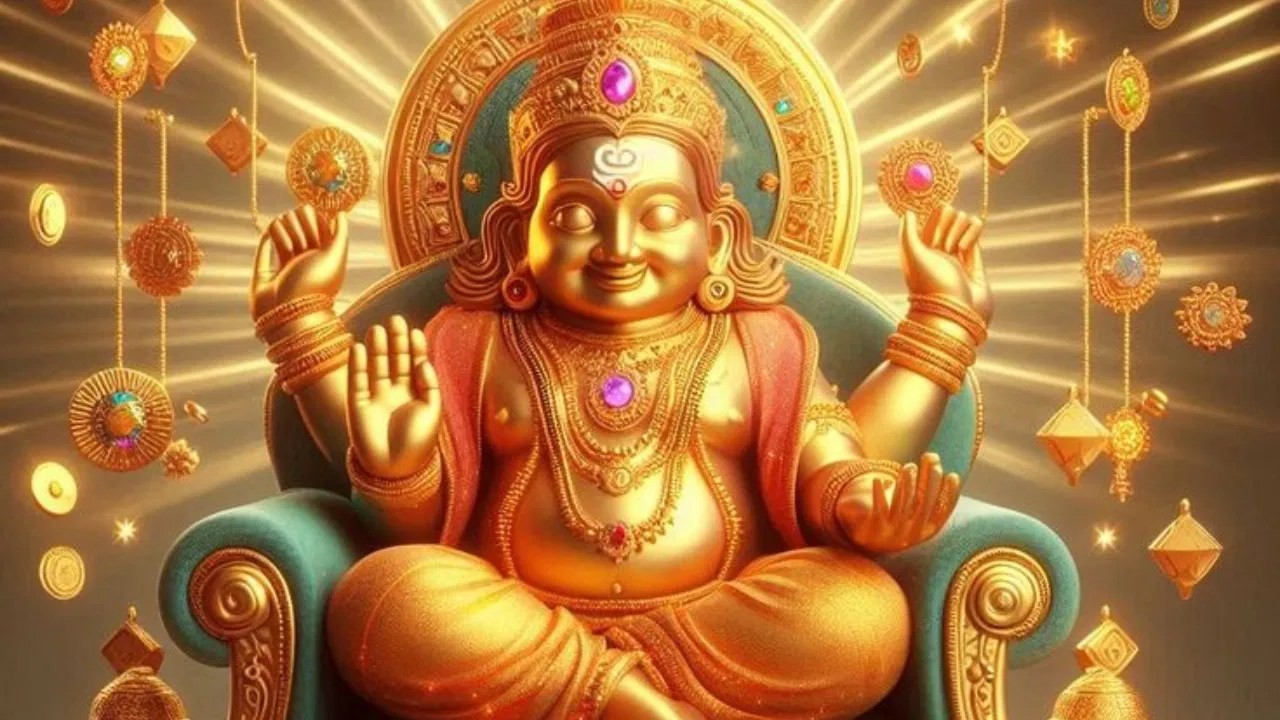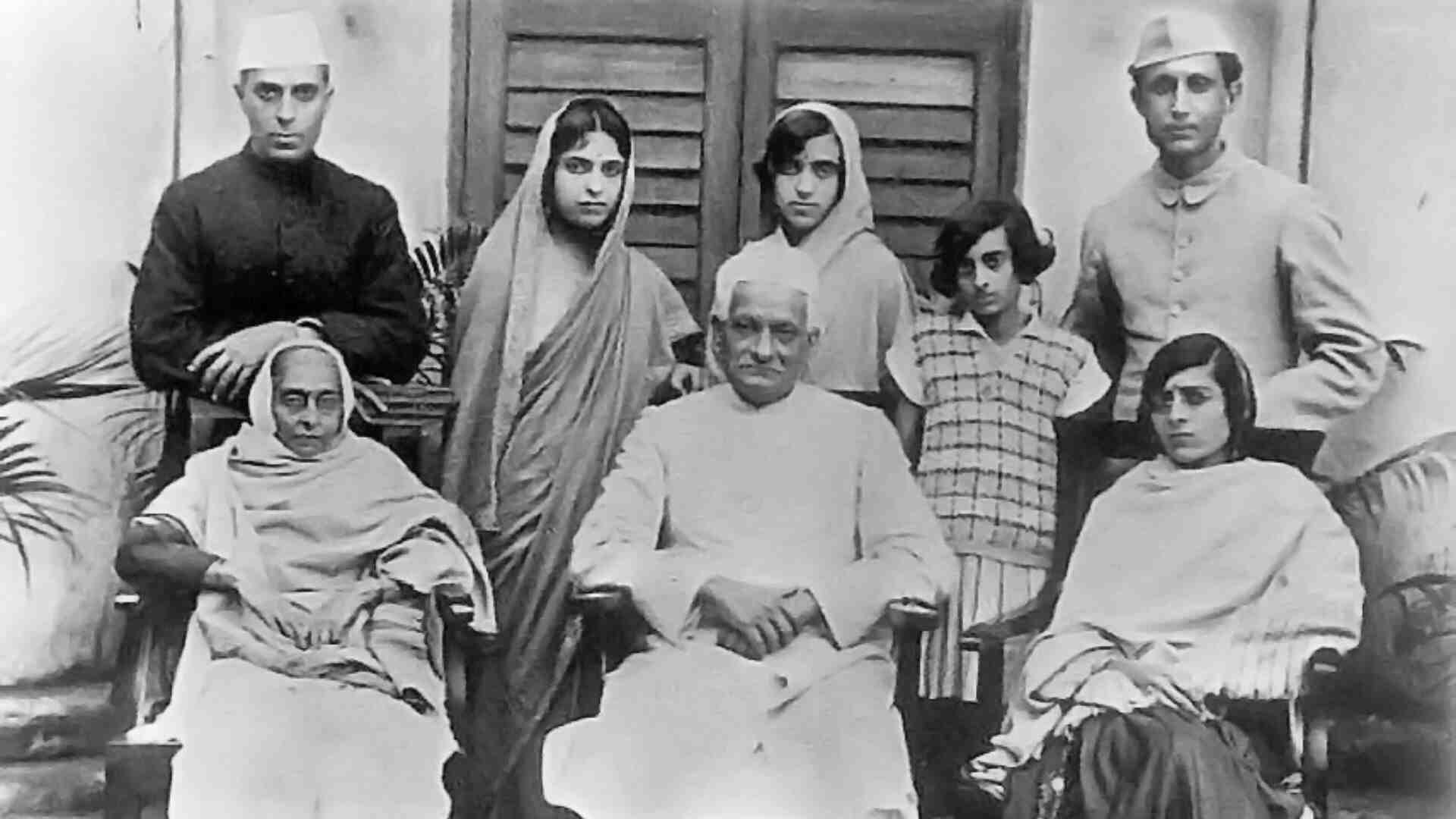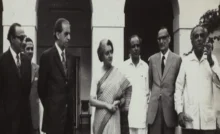The Lok Sabha did not officially recognize a Leader of the Opposition until 1969. The position was vacant between 1970 and 1977, between 1980 and 1989 and between 2014 to 2024. Rahul Gandhi of the Congress party has been appointed Leader of the Opposition in Lok Sabha, filling a post that had been empty for a decade.
In the Lok Sabha until 1969, there was a de facto opposition leader with no formal recognition, status or privilege. Later, the leader of the opposition was given official recognition, and their salary and allowances were extended by the Act of 1977. Since then, the leader in the Lok Sabha should satisfy three conditions, namely—-he should be a member of the House, of the party in opposition to the Government having the greatest numerical strength and be recognized by the Speaker of the Lok Sabha.
In December 1969, the Congress Party (O) was recognized as the main opposition party in the parliament while its leader, Ram Subhag Singh played the role of the opposition leader.
The leader of opposition is a constitutional post and officially recognized in “The salary and allowance of Leader of opposition act, 1977.
The Leader of the Opposition in Lok Sabha is an elected Member of Lok Sabha who leads the official opposition in the Lower House of the Parliament of India. The Leader of the Opposition is the parliamentary chairperson of the largest political party in the Lok Sabha that is not in government(provided that said political party has at least 10% of the seats in the Lok Sabha). Rahul Gandhi is currently serving as Leader of the Opposition in the Lok Sabha.
The office holder ranks 7th in the Order of Precedence of India.
The Lok Sabha did not officially recognize a Leader of the Opposition until 1969. The position was vacant between 1970 and 1977, between 1980 and 1989 and between 2014 to 2024. Rahul Gandhi of the Congress party has been appointed leader of the opposition in India’s parliament, filling a post that had been empty for a decade.
Roles and responsibilities
The Leader of the Opposition in the Lok Sabha plays a crucial role in the functioning of the Indian Parliament. Here are the key responsibilities and roles:
Representative of the Opposition: The Leader of the Opposition represents the views and concerns of the opposition parties. They act as a counterbalance to the ruling party, ensuring that alternative viewpoints are heard.
Critiquing Government Policies: They critically analyze and debate government policies, programs, and legislation. Their role is to highlight potential flaws and suggest improvements.
Participation in Important Committees: The Leader of the Opposition is often a member of significant parliamentary committees, such as the Public Accounts Committee, which oversees government expenditures and financial administration.
Advisory Role: They provide advice and suggestions to the government on various matters of national importance. This includes participating in consultations on key appointments, such as the Chief Election Commissioner and the Comptroller and Auditor General.
Ensuring Accountability: They play a vital role in holding the government accountable for its actions and decisions. This involves questioning ministers, seeking clarifications, and demanding explanations in the Lok Sabha.
Leadership of the Opposition Parties: The Leader of the Opposition coordinates the activities of opposition parties in the Lok Sabha, ensuring a united front on critical issues.
Shadow Cabinet: They may form a “shadow cabinet” comprising senior opposition leaders who focus on specific portfolios, mirroring the government’s cabinet. This helps in detailed scrutiny of government policies.
Representation at National Events: The Leader of the Opposition often represents the opposition in national and state events, providing an alternative perspective on important issues.
International Representation: They may represent India in international forums and delegations, especially where a bipartisan approach is beneficial. The position of the Leader of the Opposition is recognized and provided for under the Salary and Allowances of Leaders of Opposition in Parliament Act, 1977. The Leader of the Opposition is also accorded a rank equivalent to that of a Cabinet Minister in terms of protocol.
Question Hour: During the Question Hour in Parliament, the Leader of the Opposition plays a pivotal role in raising pertinent questions about the government’s actions and decisions. This helps in ensuring that the government is transparent and accountable.
Debates and Discussions: The Leader of the Opposition is a key figure in parliamentary debates and discussions. They often lead the opposition’s arguments on crucial issues and bills being debated in the Lok Sabha, presenting counterarguments and alternative policies.
Legislative Scrutiny: They actively scrutinize proposed legislation, ensuring that laws passed are just, fair, and in the best interest of the public. They work to identify potential loopholes and unintended consequences of new laws.
Support to Opposition MPs: The Leader of the Opposition provides guidance and support to other opposition MPs, helping them to effectively perform their duties. This includes mentoring new MPs and coordinating the opposition’s legislative strategy.
National Issues and Crises: In times of national crises, the Leader of the Opposition plays an important role in ensuring a balanced response. They work towards a united front on issues of national security, natural disasters, or other emergencies, while also ensuring that the government is responsive and responsible.
Policy Formulation and Alternatives: The Leader of the Opposition contributes to the formulation of alternative policies and programs. By presenting these alternatives, they provide voters with clear choices and highlight how the opposition would govern differently.
Significance of LoP in Indian democracy
The Leader of the Opposition (LoP) in the Lok Sabha holds significant importance in the context of Indian democracy. Here are several key aspects highlighting their significance:
Ensuring Accountability: The LoP plays a crucial role in holding the government accountable for its actions and decisions. By questioning policies, scrutinizing legislation, and seeking clarifications, the LoP ensures transparency and accountability in governance.
Providing a Check on Power: The presence of an effective LoP acts as a check on the potential misuse or abuse of power by the ruling party. This balance is essential for a healthy democracy, preventing the government from acting unilaterally.
Voice for Alternative Policies: The LoP represents the views and concerns of the opposition parties, offering alternative policies and solutions. This provides voters with a clear choice and fosters a more comprehensive debate on national issues.
Strengthening Parliamentary Democracy: The LoP contributes to the robustness of parliamentary democracy by ensuring that diverse viewpoints are represented in legislative processes. Their participation in debates and committees enriches the legislative discourse.
Legislative Scrutiny The LoP and the opposition are vital in scrutinizing bills and policies proposed by the government. This helps in refining legislation, addressing potential flaws, and ensuring that laws are just and effective.
Promoting Bipartisanship: In matters of national interest, the LoP can foster a spirit of bipartisanship, working with the government to find common ground. This is particularly important in times of national crises or on issues of national security.
Representation of Minority Voices: The LoP ensures that the voices of minority groups and dissenting opinions are heard in the Lok Sabha. This inclusivity is fundamental to a pluralistic democracy like India’s. 8.
Guidance to Opposition MPs: The LoP provides leadership and guidance to opposition MPs, helping them effectively fulfill their roles. This coordination strengthens the opposition’s ability to function as a cohesive and constructive force in Parliament.
International Representation: The LoP often represents India in international forums and delegations, presenting an alternative perspective on global issues and enhancing India’s democratic credentials.
Symbol of Democratic Resilience: The existence and active role of the LoP symbolize the resilience and vibrancy of Indian democracy. It demonstrates that democratic processes allow for dissent, debate, and the peaceful resolution of differences.
Policy Innovation: By proposing alternative policies, the LoP encourages innovation and continuous improvement in governance. This competition of ideas leads to better policies and outcomes for the country.
Public Trust: An effective LoP builds public trust in democratic institutions by showing that the opposition is capable of holding the government to account and providing viable alternatives.









![[L-R] WW1 Victoria Cross recipient Khudadad Khan, Rifleman Gabar Singh Negi and Lance-Daffadar Gobind Singh.](https://thedailyguardian.com/wp-content/uploads/2025/02/Untitled-design-4-220x134.webp)